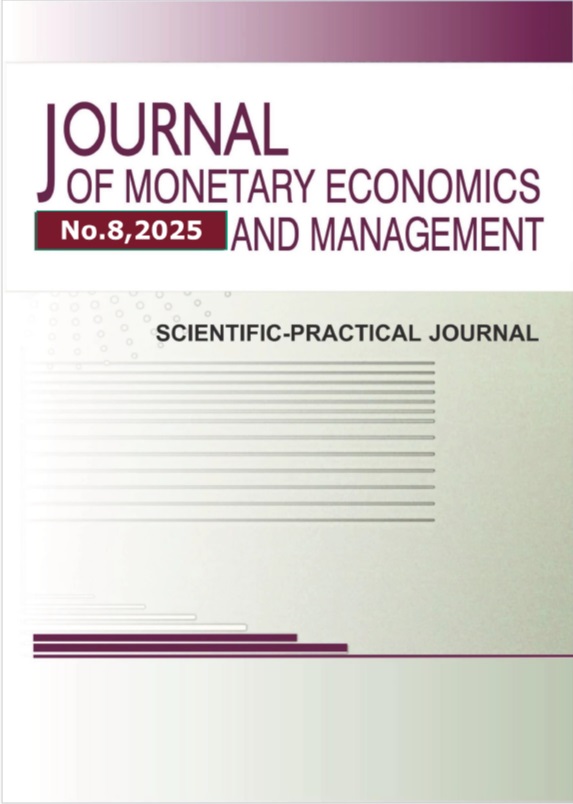Russian Federation
student
Russian Federation
The article analyzes the impact of artificial intelligence (AI) on the transformation of the labor market and the transition to an adaptive economy. The article examines the consequences of the introduction of digitalization in many fields of activity, including industry, construction, services, creative industry and media. The active penetration of AI into the field of freelancing is also noted separately, which in turn provides new opportunities for the transformation of their activities. The dual effect of AI: the reduction of routine professions is accompanied by an increase in demand for new competencies, which leads to the emergence of new professions that are in high demand in the labor market, but require retraining or additional training. In this regard, a new national project "Cadres" was launched in Russia in 2025, which will last until 2030. This project is aimed at meeting the need of the economy for human resources based on additional involvement in employment. One of the tasks that is being solved within the framework of the project is to promote active employment of the population through retraining in sought–after professions. Therefore, it is concluded that there is a need for systemic adaptation through the development of lifelong learning, updating social protection and employment support in the context of digitalization.
artificial intelligence, digitalization, national project, employment, continuous learning
1. Musimovich M. V. Cifrovizaciya rynka truda: potencial'nye perspektivy i riski dlya uchastnikov trudovyh otnosheniy / M. V. Musimovich // Ekonomika truda. – 2025. – T. 12, № 4. – S. 417-434. – DOIhttps://doi.org/10.18334/et.12.4.122983
2. Aziatceva R.G. Vozdeystvie iskusstvennogo intellekta na rynok truda i zanyatost' // L Samarskaya oblastnaya studencheskaya nauchnaya konferenciya. - 2024. - T. 2. - C. 34-36.
3. Shen, Y., Zhang, X. The impact of artificial intelligence on employment: the role of virtual agglomeration. Humanit Soc Sci Commun 11, 122 (2024). https://doi.org/10.1057/s41599-024-02647-9
4. Vandina O.G., Popova L.V. Cifrovaya transformaciya v zhizni i professional'noy deyatel'nosti lyudey // Ekonomicheskie i gumanitarnye nauki. 2024. № 2 (385). S. 3–11.
5. Farah Diba Almayanda Alauddin, Aini Aman, Mohd Fahmi Ghazali, Sity Daud, The influence of digital platforms on gig workers: A systematic literature review, Heliyon, Volume 11, Issue 1, 2025, e41491
6. Chto reshaet II v promyshlennosti: klyuchevye zadachi i sfery primeneniya// Redakciya developers.sber.ruhttps://developers.sber.ru/help/ gigachat-api/aI-in-industry
7. A.Zauter Kak cifrovaya transformaciya izmenit rynok truda v Rossii // https://www.forbes.ru/karera-i-svoy-biznes/371537-kak-cifrovaya-transformaciya-izmenit-rynok-truda-v-rossii
8. Nehoda E.V., Pan' Li Transformaciya rynka truda i zanyatosti v cifrovuyu //https: 1economic.ru
9. Grineva N.V., Abdikeev N.M. Razrabotka predlozheniy po razvitiyu osnovnyh strukturnyh komponentov intellektual'nogo promyshlennogo proizvodstva //http://elibrary.ru
10. Skachkova G.S. Cifrovaya ekonomika i otnosheniya v sfere truda // http://elibrary.ru









